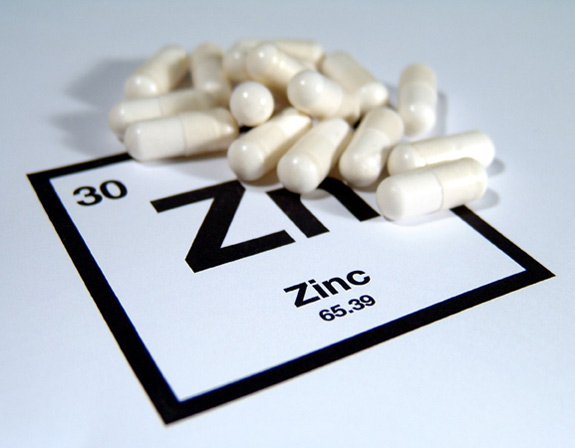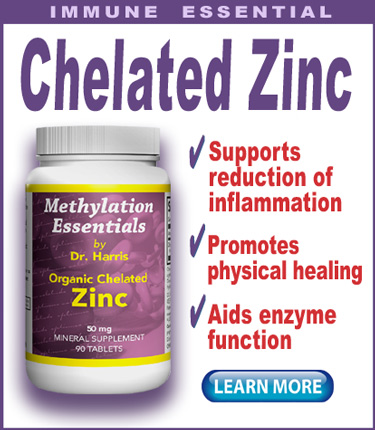In a review of 28 zinc trials conducted in multiple countries, researchers found participants who used the essential mineral had significantly better outcomes when fighting respiratory tract infections (RTI).
The trials were conducted on “non-specific respiratory illnesses,” and included a total of 5,446 participants. The review included only studies that were placebo-controlled human clinical studies.
The results were published in the British Medical Journal in November 2021.
Most of the studies involved the use of zinc lozenges, but also included were studies that assessed the use of nasal sprays and gels containing zinc.
The uphill battle
The authors of the study noted that zinc has been long-studied for its role in immune function, but that its use—like all therapeutics—is extremely limited due to guidelines that favor antibiotics and other pharmaceuticals:
“Clinical practice guidelines focus on hand hygiene, reducing inappropriate antibiotic use, and symptomatic relief with over-the-counter medications. Some guidelines recommend zinc. However, systematic reviews of zinc are limited by variations in administration route or formulation, are outdated, have been withdrawn, or are low quality.”
But the researchers also noted hope for the future if zinc benefits can be more widely recognized: “The mechanisms for how zinc might work include broad spectrum antiviral properties in vitro against most of the common respiratory viruses, including coronaviruses. Zinc is important for immunity, inflammation, haemostasis, ACE 2 activity, and also assists with tissue responses to hypoxia.”
Study findings
When analyzing the results of each of the 28 studies included, the authors of the review found a number of significantly beneficial relationships between zinc supplementation and RTI outcomes:
• Zinc that was taken orally or intranasally prevented five RTIs per 100 person-months.
• On average, zinc supplementation reduced RTI symptoms two days earlier than placebo test subjects.
• Adults who didn’t supplement with zinc were 19% more likely to remain symptomatic seven days after contracting an RTI.
Notably, the benefits of the zinc supplementing was evident even in populations that were not zinc deficient.
Zinc supplementing was also found to be extremely safe. The only adverse events were considered “non-serious” and included nausea and mouth/nasal irritation.
With this high degree of safety, the researchers noted that zinc is therefore practical for both consumers treating themselves and for health professionals to recommend to patients.
“Zinc is readily available for consumers to self-prescribe… It also provides clinicians with a management option for patients who are desperate for faster recovery times and might be seeking an unnecessary antibiotic prescription,” the authors wrote.
Well known immune supporter
The new study follows on the heels of numerous other zinc studies conducted in the past two decades. These include a 2017 study that found zinc lozenges cut the duration of colds by a third, and a 2013 study that found zinc reduced respiratory infections by “moderating immune responses.”
If you would like to conduct your own research on the benefits of zinc, see our post Tips and tools to get started on your own research for helpful links.
Zinc is also available in several superior whole food products offered by Optimal Health Systems:
• Optimal Zinc-Oxy Spray
• Essential Chelated Zinc
• Natural Z Pak
• Whole Food Vitamin/Mineral
• Opti Pak
– – –
Sources: British Medical Journal.


